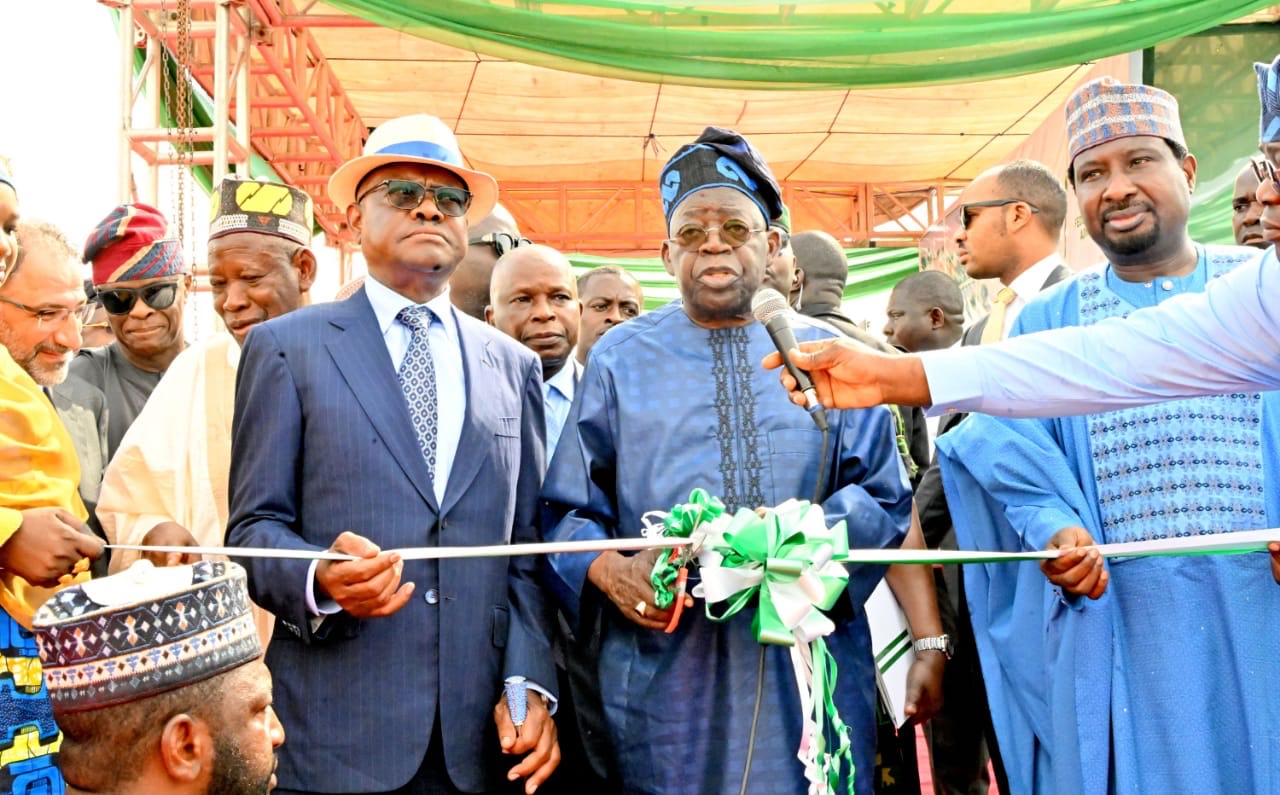During the event, President Tinubu emphasised that the new road represents more than just a transportation link. “Projects like this unlock farmlands, markets, schools, and mobility,” he stated, underscoring the role of infrastructure in bolstering local economies and improving livelihoods. He praised FCT Minister Nyesom Wike for his unwavering commitment, noting that without Wike’s dedication, the project would not have come to fruition.
Nigeria’s president further appealed to Pai residents to embrace ownership of the road, urging them to “guard it, maintain it, and use it to the fullest” as a conduit for growth, especially for youth, farmers, traders, and students. He also highlighted the federal government’s intent to support rural communities by turning grazing areas into productive ranches, a strategic initiative aimed at resolving farmer-herder conflicts and fuelling agribusiness growth.
Minister Wike, speaking on-site, confirmed that the road’s construction was part of a broader program to extend rural accessibility. Phase one, from the A2 to Pai, has been completed, and a 15.4‑kilometre extension from Pai to Gumani is underway. He also revealed plans to proceed further, extending infrastructure to Yangoji creating over 43 km of new rural roadway.
Wike remarked that the renewed road network would significantly enhance food security by enabling mechanised agriculture in previously inaccessible rural expanses.

Highlighting the reception from the community during his inspection visit, Wike reported scenes of jubilation and public enthusiasm. Many residents regarded the road as symbolic of the “Renewed Hope Agenda” brought by the administration. They expressed faith in the quality and timeliness of government-backed projects, affirming to Wike that they felt the dividends of democratic governance.
Analysts note that this latest commissioning marks one of 17 key infrastructure projects unveiled during President Tinubu’s second year in office, reinforcing the administration’s strategic drive for equitable development across both urban and satellite areas.
This achievement complements other federal projects such as the Southern Parkway in central Abuja also spearheaded by Wike which have collectively reshaped the capital’s transport landscape.
President Tinubu assured that more rural-centered interventions are on the way, emphasizing that “development anywhere in the world starts with roads” and that without such foundational infrastructure, essential services like schools and hospitals remain out of reach.
By integrating road expansion, strategic ranching programs, and youth and agrarian empowerment, the FCT administration under President Tinubu and Minister Wike is forging a path toward inclusive growth and national stability.




